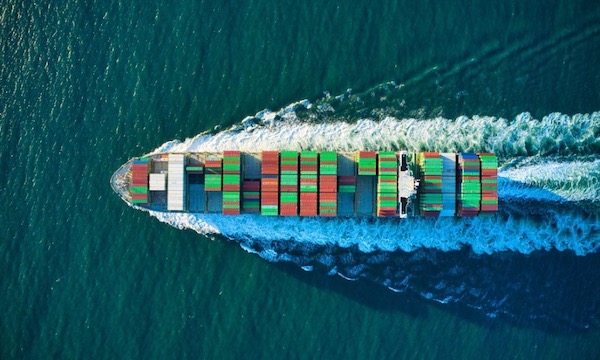BUSINESS INSURANCE BY INDUSTRY
Cargo Insurance

Cargo Insurance and Carrier Liability
Cargo Insurance is one well-known type of inland marine insurance, which is the policy that will cover items while they are in transit, whether by land, air or sea. You may be familiar with inland marine insurance policies and why any business that ships their goods needs this type of policy. For everything you need to know on this important policy, keep reading.

What is a Cargo Insurance Policy?
Cargo insurance covers physical damage to products in transit. When your business is shipping its products, you may hire a third party to actually ship the goods, known as a carrier. While some common carriers such as UPS or FedEx will typically cover any damage to items while in transit, there are some exceptions. These coverage gaps can be filled by purchasing a cargo insurance policy.
What Does Cargo Insurance Cover?
To fully understand what cargo insurance will cover, you must first understand the gaps with carrier liability. A carrier is not responsible and, therefore will not pay for a few types of losses that could occur while items are being shipped. For example, carriers will exclude “acts of God” losses. These losses are the natural events that you would typically expect an insurance policy to cover. They include windstorms, lightning, flood, or earthquake. If these events occur during transit and items are damaged, it is the responsibility of the seller to cover the loss. Carriers will also not cover any damage caused by any fault of the shipper. If the product is packaged improperly, or if the product is perishable, for example. Lastly, the coverage provided by carrier liability is often not sufficient to cover the amount of the goods being shipped.
This is where cargo insurance comes into play. Not only can it cover you for things such as “acts of God” losses, but it will offer far more coverage than carrier liability.
Types of Cargo Insurance Policies
The following are different types of policies that are usually offered:
- All Risk – An all-risk policy is the most comprehensive and will cover anything that could potentially damage items during shipping, with the exception of what is expressly excluded. Examples of events that are covered under this type of policy include theft, collision, and acts of God such as lightning or earthquakes.
- Named Peril – A named peril policy is more limited than an all-risk policy. As the name implies, it will only cover events that are specifically named in the contract and anything that is not listed, is excluded. Theft is a common exclusion under a named peril cargo policy.
- Free of Particular Average (FPA) – This coverage is specific to marine cargo policies and is similar to a named peril type of policy. The FPA clause in an insurance contract excludes partial losses to cargo, except for certain events. Sinking, burning, collision and derailment are common coverages under this policy.
Where Can I Learn More?
To learn more about Cargo insurance or what your business may need to consider, contact The Craven Agency. Our licensed agents are experts in the industry and can set you up with the policies your business needs to be successful!
Contact The Craven Agency today! Serving Shreveport, Bossier City, Minden, Ruston, Monroe and the surrounding communities in Louisiana and the Ark-La-Tex regions.
QUESTIONS?
We'd love to talk through any of your business or personal needs and build the right insurance policy for you.



